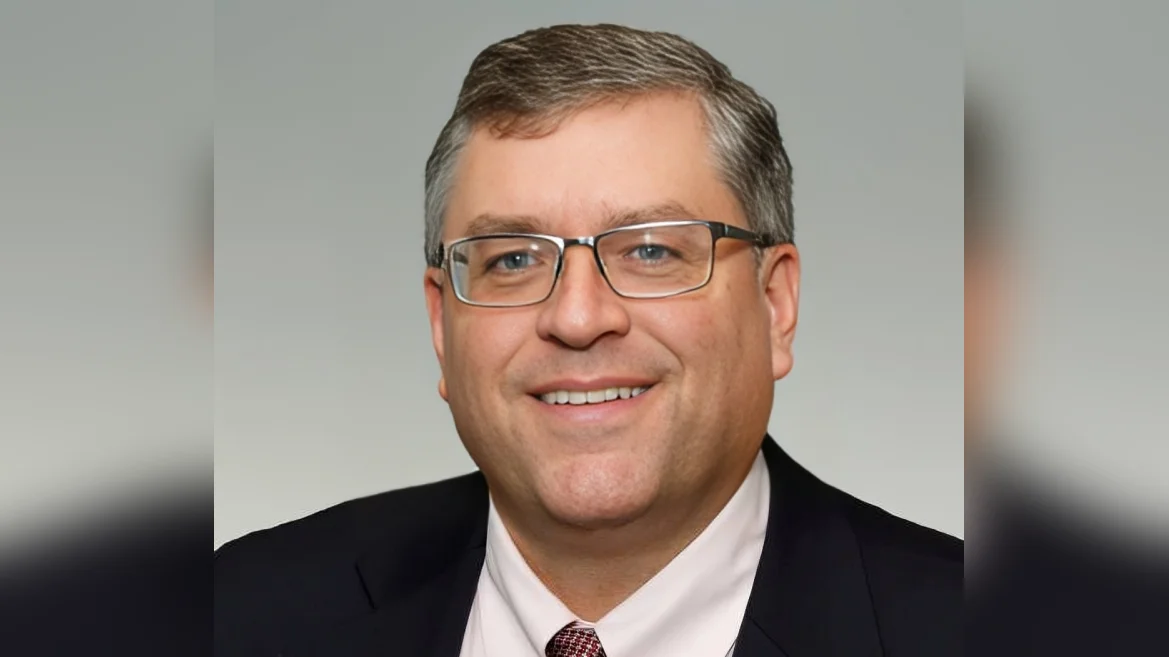
The Center for Immigration Studies (CIS) recently held a panel discussion focusing on the significance of immigration numbers and their effects on wages, the labor market, and the future workforce in America. The event, titled "Beyond the Border: Why Legal Immigration Numbers Matter," aimed to enhance understanding of legal immigration's impact, following Elon Musk's social media remarks advocating for increased legal immigration.
Professor Hal Salzman participated in the panel and delivered a presentation called "High Skill Guestwork Visas: Programs Designed for Exploitation, Not Excellence." He addressed ongoing debates about high-skill guestworker supply, noting that over 700,000 high-skill workers enter the U.S. annually through various programs beyond just the H-1B visa. Salzman highlighted that U.S. colleges, particularly master's programs, are integral to this supply chain as they often target foreign students for financial reasons. However, these programs face criticism for being exclusionary and offering questionable quality due to rapid scaling to meet demand.
Salzman proposed several solutions to address these challenges. These include allowing market demand to determine the top 15% of wages for global talent, encouraging regional adjustments to distribute high-skill jobs across the country, and granting visas to the top 15% of foreign graduates from U.S. universities. These measures aim to reduce reliance on low-wage foreign labor while promoting diversity and investment in domestic education.
By concentrating on top talent and enhancing university program quality, Salzman suggests that the U.S. can better align with industry needs while fostering a more inclusive and competitive educational environment.